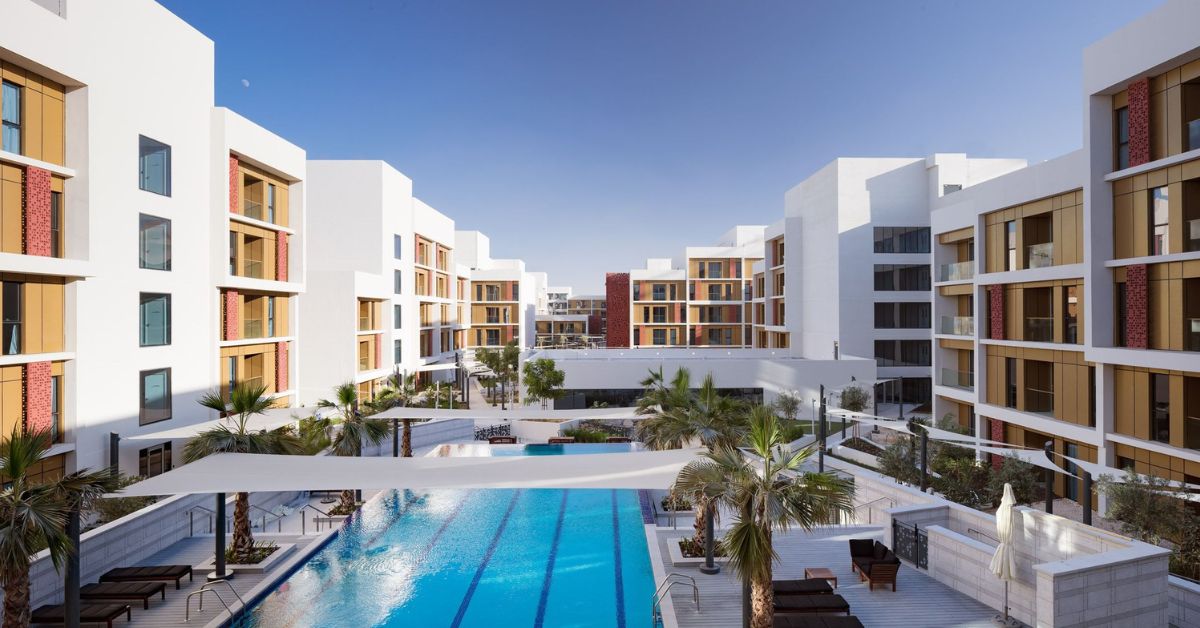DUBAI — The year 2023 witnessed notable progress in the GCC countries’ pursuit of sustainable technology initiatives. From ambitious renewable energy goals to pioneering green hydrogen projects, the region is steadily transforming its energy landscape and embracing innovative solutions for a greener future.
Here are some of the main highlights:
Renewable Energy on the Rise
In 2023, the GCC accelerated its shift to renewable energy sources, a key effort toward sustainable technology. These oil-rich countries are diversifying their energy portfolios by heavily investing in solar, wind, and other renewable energy sources.
Saudi Arabia: Unveiled ambitious plans to achieve 50 percent renewable energy capacity by 2030, with significant solar and wind projects underway. The country is developing 13 renewable energy projects with a total capacity of 11.3 GW. Badeel is developing five projects with a total capacity of 8 GW, involving an investment of more than $6 billion.
United Arab Emirates: Launched the ‘Dubai Clean Energy Strategy 2050,’ aiming to produce 100% clean energy by mid-century. Investments in solar, wind, and nuclear power are increasing.
Oman: Set a 30 percent renewable energy share target by 2030 and is actively developing solar and wind farm projects. The 500 MW ‘Ibri II’ wind farm is a prime example.
Green Hydrogen Takes Center Stage
The GCC Hydrogen Council, established in 2022, aims to position the region as a global leader in green hydrogen production and export.
Oman and the UAE are collaborating on the world’s largest green hydrogen project, worth $30 billion, to produce hydrogen for export using renewable energy.
Saudi Arabia has announced plans for a $5 billion green hydrogen plant in NEOM, a renewable-powered megacity.
Technological Innovation and Green Infrastructure
Beyond renewable energy, the GCC’s 2023 progress included technological innovation and sustainable infrastructure development. Qatar and the UAE have emerged as forerunners in deploying cutting-edge technologies, such as advanced waste management systems and smart city solutions, to optimize energy use and reduce environmental impact.
Furthermore, advancements in desalination technology have been evident in the region, addressing the issue of water scarcity. Innovations in water desalination methods, focusing on energy efficiency and sustainability, have been emphasized in countries like Saudi Arabia and the UAE.
Sustainable Tech Innovation
Smart City Initiatives: Several GCC cities, such as Dubai and Masdar City, are leading the way in developing smart and sustainable urban ecosystems. These initiatives integrate renewable energy, green transportation, and smart infrastructure for efficient resource management.
Circular Economy: Embracing the circular economy concept, GCC nations are exploring ways to minimize waste and maximize resource reuse. Initiatives like waste-to-energy plants and recycling programs are gaining momentum.
Research and Development: Investing in research and development of cutting-edge sustainable technologies is crucial for long-term success. GCC nations are establishing dedicated research centers and fostering collaboration with international partners.

Transportation and Electric Vehicles
The GCC countries have made significant strides in promoting eco-friendly transportation alternatives. Initiatives promoting electric vehicles (EVs) have gained momentum, supported by robust infrastructure development, including charging stations and incentives for EV adoption. Countries like Bahrain and the UAE have introduced policies and incentives to accelerate the shift towards electric mobility, aiming to reduce carbon emissions and dependence on traditional fossil fuel vehicles.
Challenges and Opportunities
Despite significant progress, challenges remain. High initial investment costs for renewable energy infrastructure and the need for skilled workforce development are key hurdles. However, the GCC possesses abundant financial resources and a strategic location for renewable energy export, presenting lucrative opportunities for investors and entrepreneurs.
The GCC’s commitment to sustainable technology in 2023 is a testament to its forward-thinking vision. As the region continues to invest in renewable energy, green hydrogen, and smart city solutions, it is well-positioned to secure its energy future and emerge as a global leader in sustainable development. By overcoming challenges and capitalizing on opportunities, the GCC has the potential to set a green example for the world, demonstrating that economic prosperity and environmental responsibility can coexist.








